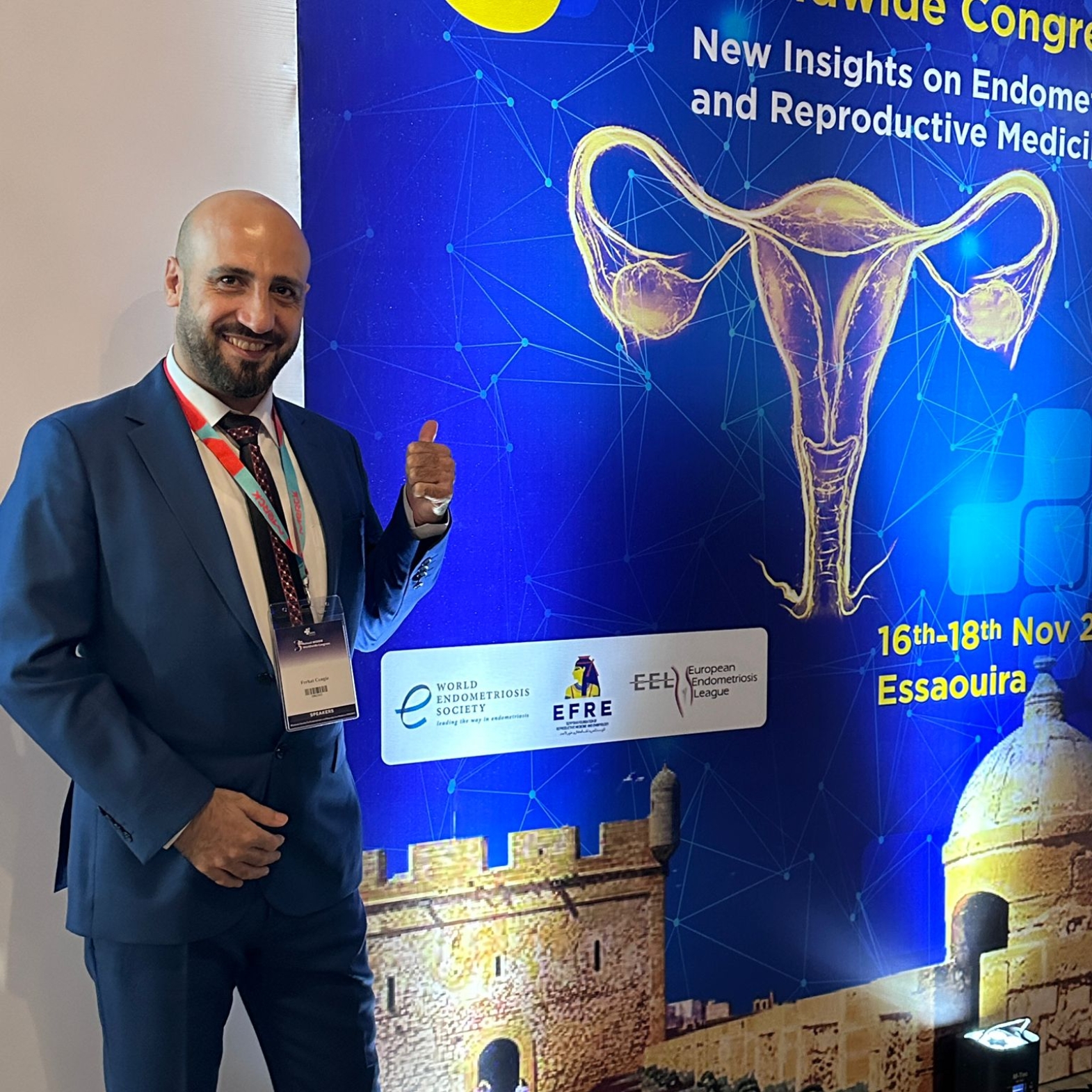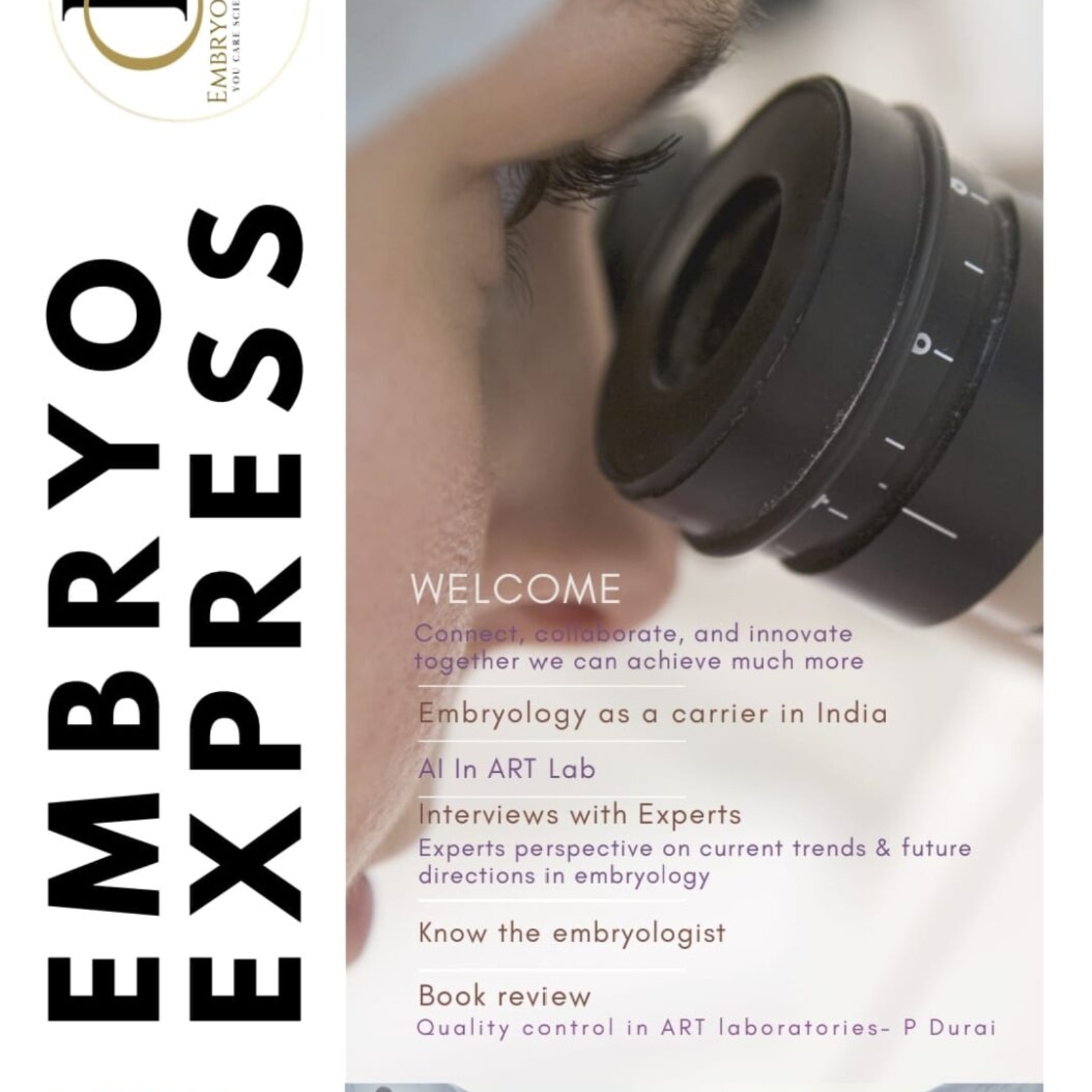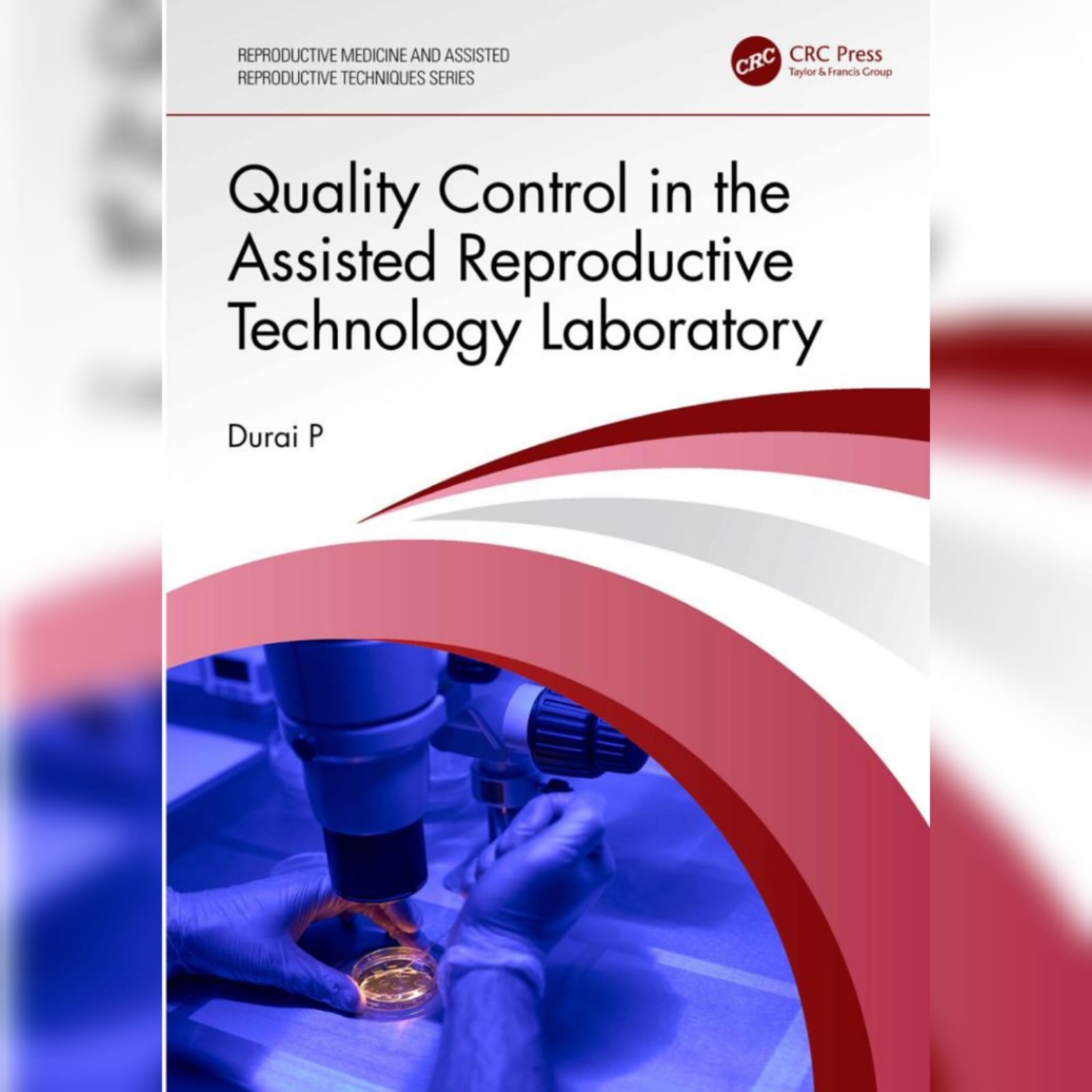The proposal to extend the current 14-day limit on embryo research to 28 days has ignited a passionate discussion within the UK scientific community. Researchers seek a deeper understanding of early human development, with the potential for breakthroughs in medical science and infertility treatment. However, ethical concerns persist, as this extension challenges the balance between scientific progress and moral considerations. The 14-day limit was established to navigate these ethical complexities, and doubling it warrants careful ethical oversight, public input, and stringent guidelines to ensure responsible research. Striking the right balance is essential to determine the future of embryonic research in the UK.
The proposal to extend the current 14-day limit on embryo research to 28 days has ignited a passionate discussion within the UK scientific community. Researchers seek a deeper understanding of early human development, with the potential for breakthroughs in medical science and infertility treatment. However, ethical concerns persist, as this extension challenges the balance between scientific progress and moral considerations. The 14-day limit was established to navigate these ethical complexities, and doubling it warrants careful ethical oversight, public input, and stringent guidelines to ensure responsible research. Striking the right balance is essential to determine the future of embryonic research in the UK.









